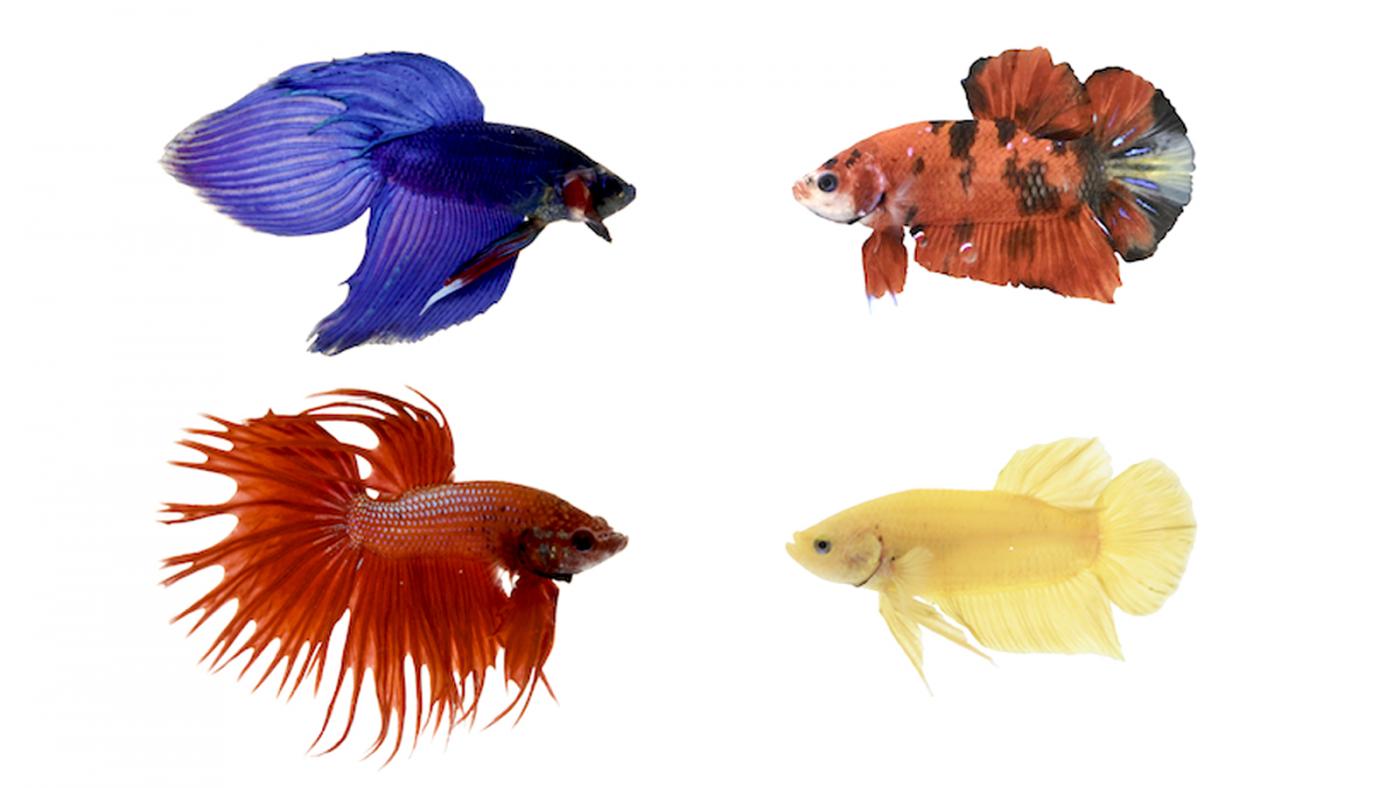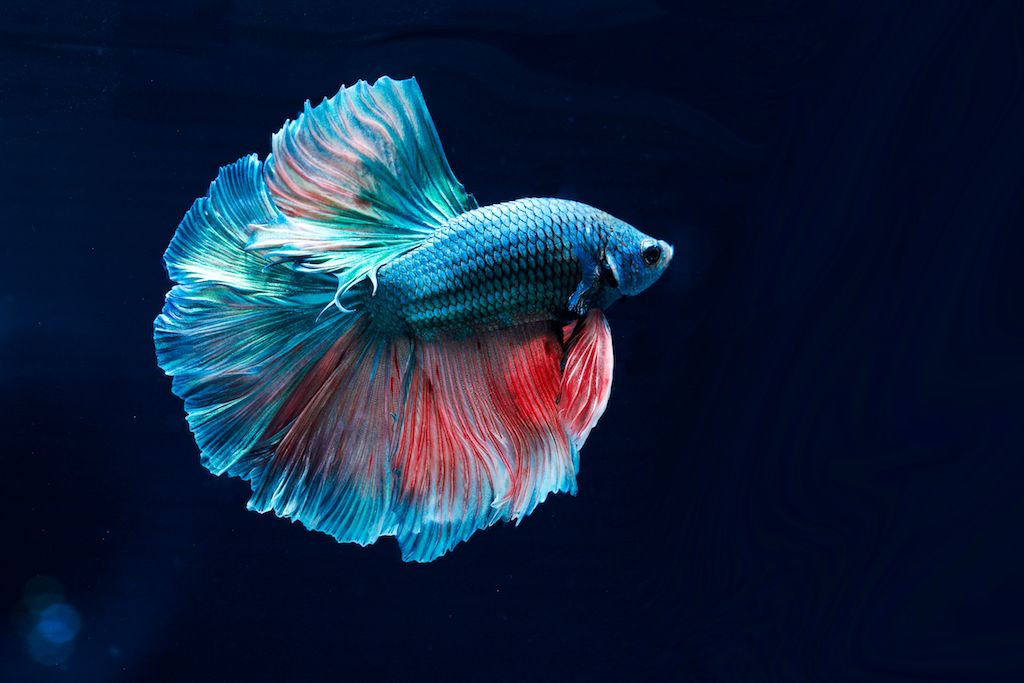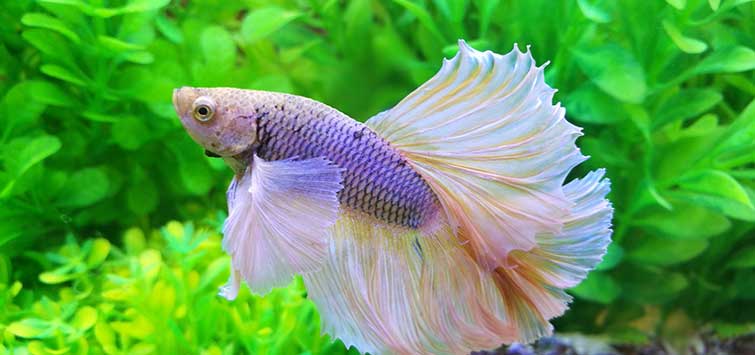Common Betta Fish Conditions and Exactly How to Prevent Them
Common Betta Fish Conditions and Exactly How to Prevent Them
Blog Article
The Ultimate Overview to Betta Fish Treatment: Important Tips for Keeping a Healthy And Balanced and Thriving Fish Tank Atmosphere
Reliable Betta fish treatment necessitates an extensive understanding of their special environmental and physiological demands. Developing an ideal fish tank begins with selecting the right storage tank dimension and making certain optimum water problems, which are critical for the health and health of your Betta.
Choosing the Right Container
Picking the suitable storage tank for your Betta fish is critical to guaranteeing its health and wellness and health. Bettas grow in atmospheres that mimic their all-natural environments, which usually contain calmness, warm waters. A container dimension of at the very least five gallons is advised to give sufficient swimming area, as smaller sized tanks can cause tension and health and wellness concerns for these dynamic fish.
When selecting a tank, take into consideration the storage tank's shape and filtering system. Additionally, a reliable filtration system is crucial to keep water quality and minimize the regularity of water modifications.
Temperature level regulation is another crucial aspect; Bettas like water temperature levels between 76 ° F and 82 ° F. Purchasing an excellent heating unit will make sure that the water continues to be within this variety, promoting a healthy and balanced and active lifestyle for your Betta. Giving appropriate tank decors and concealing spots will certainly assist decrease anxiety and motivate natural actions, even more improving your Betta's well-being.
Maintaining Water Top Quality
Preserving optimal water quality is vital for the health and wellness and long life of Betta fish. This needs regular monitoring of various criteria, consisting of temperature level, pH, ammonia, nitrite, and nitrate levels.
The pH level must ideally drop between 6.5 and 7.5. Routine screening using a reputable water testing package can help guarantee these parameters stay within the proper varieties. Ammonia and nitrite levels should always go to 0 ppm, as even low concentrations can be hazardous to Betta fish. Nitrate levels need to be kept under 20 ppm to avoid long-term wellness concerns.
Normal water changes are crucial to maintaining water quality. It is suggested to alter 25-50% of the tank water weekly, depending upon the container size and stocking levels. Making use of a premium water conditioner can aid remove harmful chemicals from faucet water, making sure a secure environment. Furthermore, including a robust filtration system can help in maintaining water clarity and top quality, supplying a healthier habitat for your Betta fish.
Perfect Feeding Practices
Providing a well balanced diet is essential for the health and wellness and lively coloration of Betta fish, as their nutritional requirements play a considerable function in their total well-being. Betta fish are carnivorous by nature, calling for a diet regimen high in protein. A combination of premium pellets, frozen or online foods such as bloodworms, salt water shrimp, and daphnia can provide the vital nutrients they require.
Feed your Betta fish 2 to 3 times a day, offering only what they can consume within a couple of mins to stop overfeeding and keep water quality. Overfeeding can lead to weight problems and wellness concerns, including swim from this source bladder condition. It is necessary to monitor their dietary intake and change part sizes accordingly.
Along with healthy protein, a balanced diet plan ought to include nutrients to promote ideal health and wellness. Take into consideration supplementing their diet plan with high-quality flakes or pellets especially formulated for Betta fish, as these commonly contain essential ingredients.

Creating a Suitable Environment

Water top quality is vital; preserve a temperature level in between 76 ° F and 82 ° F, and guarantee the pH level ranges from 6 - betta fish.5 to 7.5. Normal water changes of 25-50% each week will certainly assist maintain toxins away and ensure a secure environment
Integrating plants and concealing places is critical, as Betta fish are naturally territorial and take pleasure in having areas to discover and pull away. Live or silk plants, along with caverns and ornaments, can produce a revitalizing resource atmosphere.

Regular Health Checkups
Conducting regular health and wellness check-ups is important for guaranteeing the wellness of Betta fish, as early detection of prospective problems can stop major health issue. These checkups ought to include a complete exam of the fish's physical condition, actions, and environmental variables.
Begin by observing the Betta fish for any indicators of distress, such as lethargy, loss of cravings, or unusual swimming patterns. Furthermore, examine the fins and body for indications of discoloration, sores, or fin rot, which can show infections or bloodsuckers. click here for more Consistently monitoring the water high quality in the aquarium is just as vital; parameters such as pH, ammonia, nitrite, and nitrate levels need to be maintained within ideal ranges to stop anxiety and illness.
Additionally, consider keeping a log of health observations and water quality tests. Timely treatment can make a significant distinction in the recovery of your Betta fish, ensuring a long and healthy life in a properly maintained fish tank atmosphere.
Conclusion
In verdict, successful Betta fish care depends upon developing and preserving an optimum aquarium atmosphere. Trick factors include picking an appropriately sized tank, guaranteeing constant water high quality, sticking to excellent feeding methods, and making a habitat that minimizes stress and anxiety. Regular wellness appointments are important for early detection of possible problems. By complying with these guidelines, aquarists can advertise the health and vibrancy of Betta fish, inevitably resulting in a growing aquatic environment.
Report this page